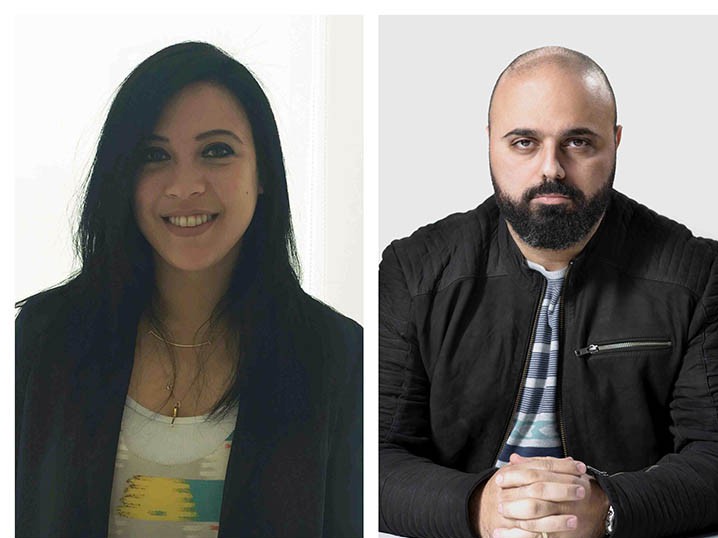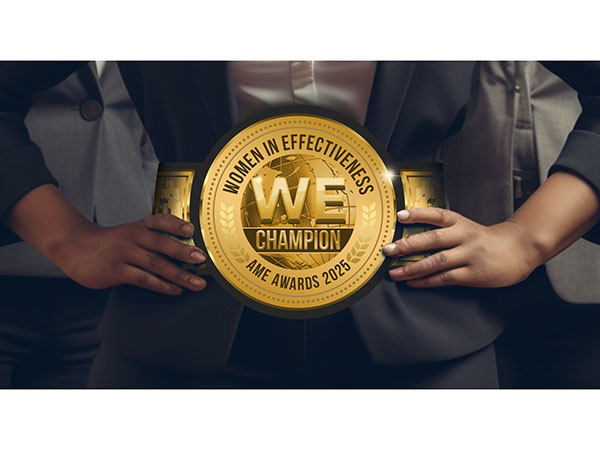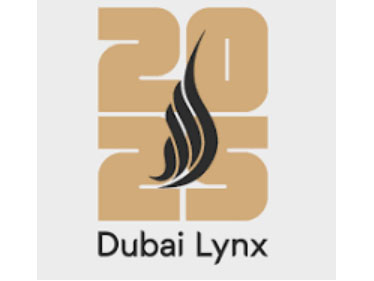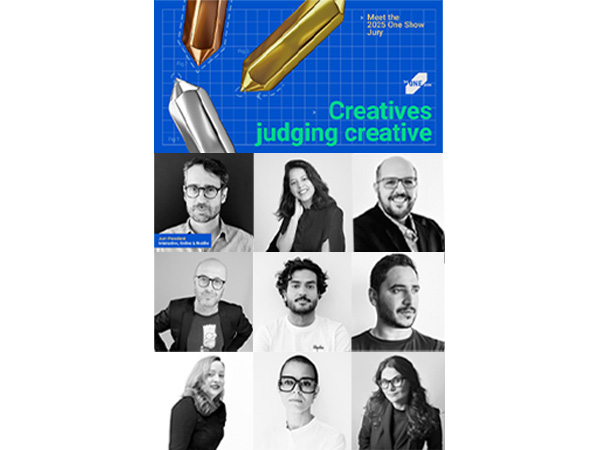News - Events
Cannes Lions 2017: Searching for insights
by Iain Akerman
June 13, 2017

"For most, Cannes Lions is the same every year, with a bunch of boring, bearded and self-congratulatory ad execs and creatives, sitting around in their cliques, drinking rosé,” says Josephine Younes, a creative director at FP7/DXB and one of the UAE’s four Cannes Lions judges.
“For me, though, Cannes is so much more than that. Decoding all the work gives us an accurate indication of where our industry is headed. We get inspired with insights from all around the world, and leave with a new yardstick in hand every year. The tan from all the networking beach parties is just a bonus.”
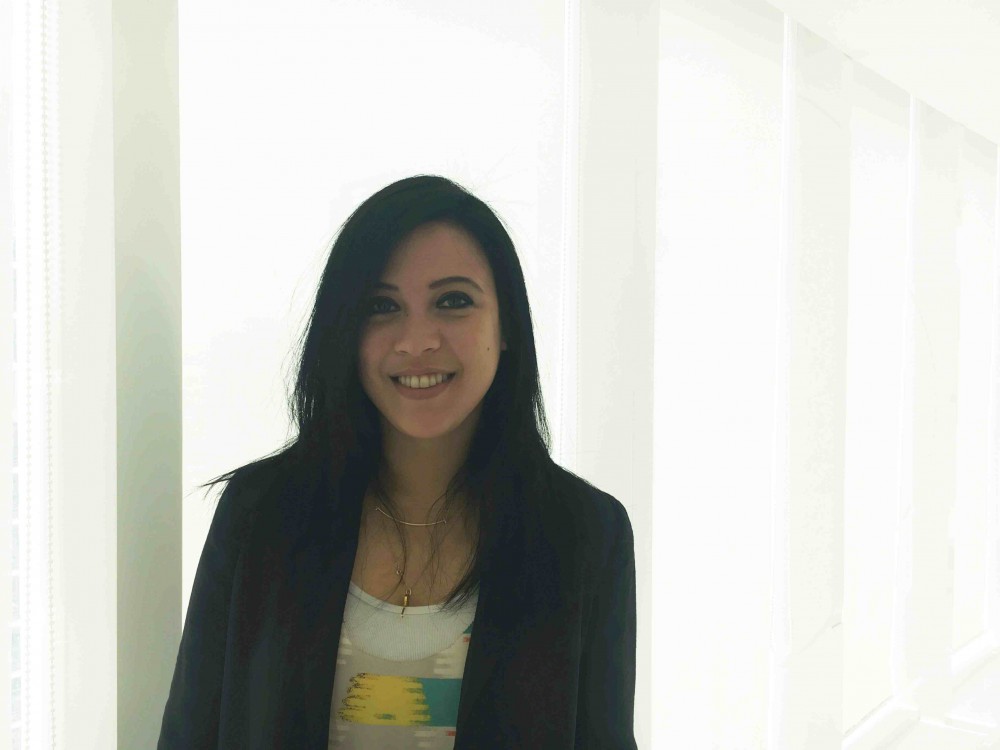
“I am looking at shortlisting work that is simply original and goes beyond culture, the media used, and the conventions of advertising.”-- Josephine Younes
Younes is no stranger to Cannes, of course, but this year she won’t actually have to attend, despite being a promo & activation juror. The festival organisers have introduced a new jury process (modelled on the previous media Lions), whereby the first phase of voting for the promo & activation, media, and direct categories will now be completed in the weeks prior to the festival by a shortlist jury. Amongst them will be Younes. The other two are Elda Choucair, CEO at PHD MENA (media), and Sascha Kuntze, creative director at Memac Ogilvy (direct).
Jury panel sizes have also been reduced across the film, radio, print, outdoor, digital craft, creative effectiveness and mobile categories, with the idea being to ensure the highest standard of meaningful debate on each jury. Only Firas Medrows, executive creative director at DDB Dubai, will sit on an awards jury (radio) and represent the UAE at Cannes.
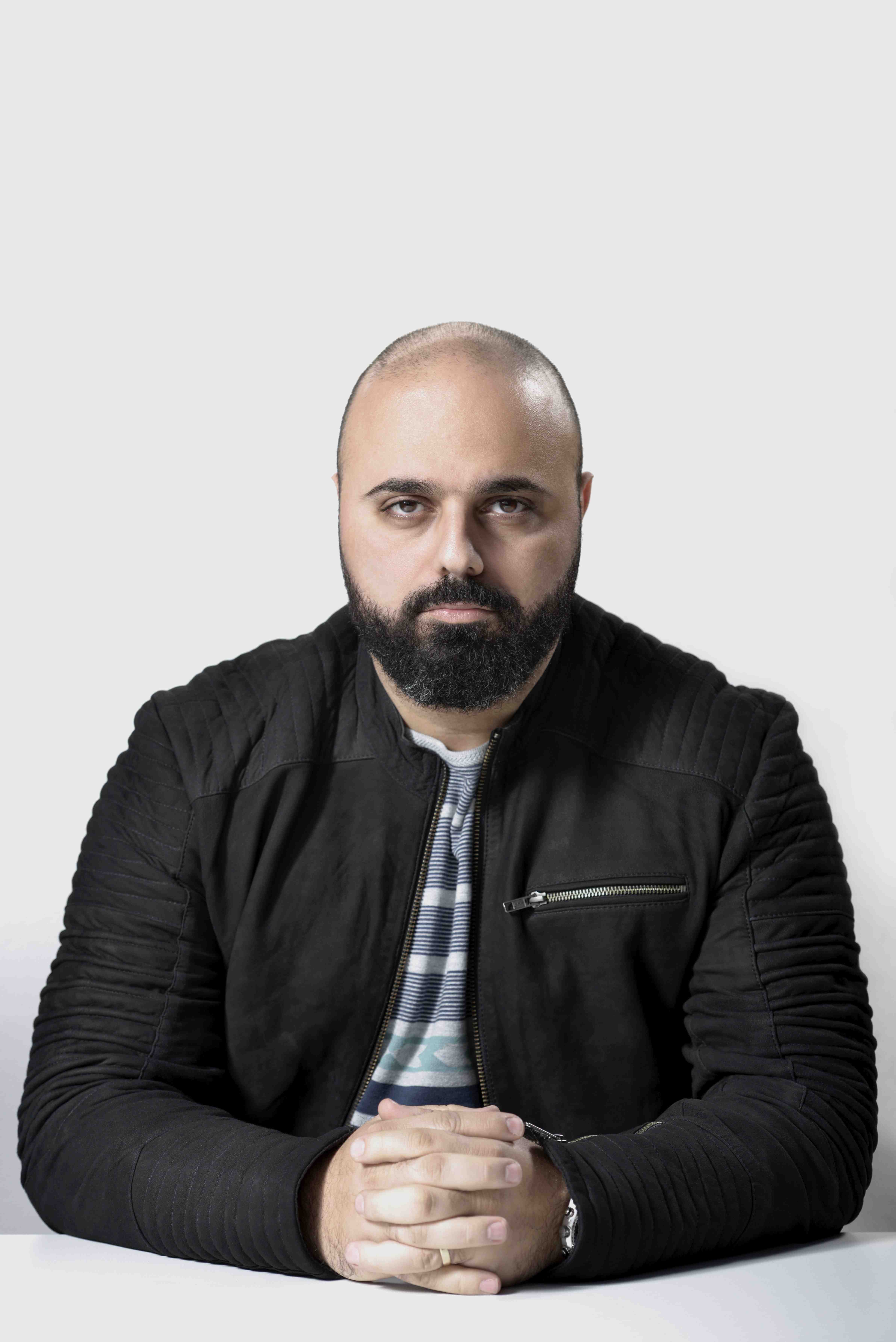
“Radio remains one of the most challenging media to win at.”-- Firas Medrows
“Radio is one of the categories that is constantly evolving, especially in the last few years thanks to the boom in digital technology,” says Medrows. “That being said, radio remains one of the most challenging media to win at. Naturally, radio uses only one of our senses – our hearing – but the challenge is how to trigger the other four. Make the listener feel it, taste it, smell it and see it. If you can do that, you might very well have a winner.
“That’s why I’m expecting to see lots of new uses of technology and innovation. And not only the regular 30 or 45-second spots on your local station, but cases where audio plays an active role for the better in our society. Campaigns that challenge the possibilities and limitations of the category, but at the same time are very simple.”
“I am looking at shortlisting work that is simply original and goes beyond culture, the media used, and the conventions of advertising,” adds Younes. “The sort of work that doesn’t just leave me thinking, ‘I wish I had done that’, but also, ‘This can be the new standard in this category’. It can become an example that we can cite and that will inspire us all to be a little braver when developing our own ideas.
“I’m so proud to represent a region that has been winning consistently, and across different categories. I don’t like talking about which specific ideas will win at Cannes, because the joy of Cannes is the unpredictability. There’s no fun if you can already predict stuff. I am keen to see how the world will react and respond to our efforts this time around. And I am positive that our region too can set new standards for the industry with some truly original work.”
Topics
Recommended
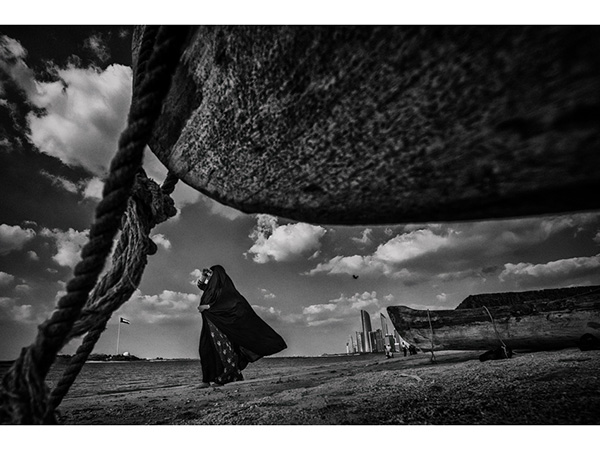
Donell Gumiran announced as UAE's winner for the Sony World Photography Awards 2025
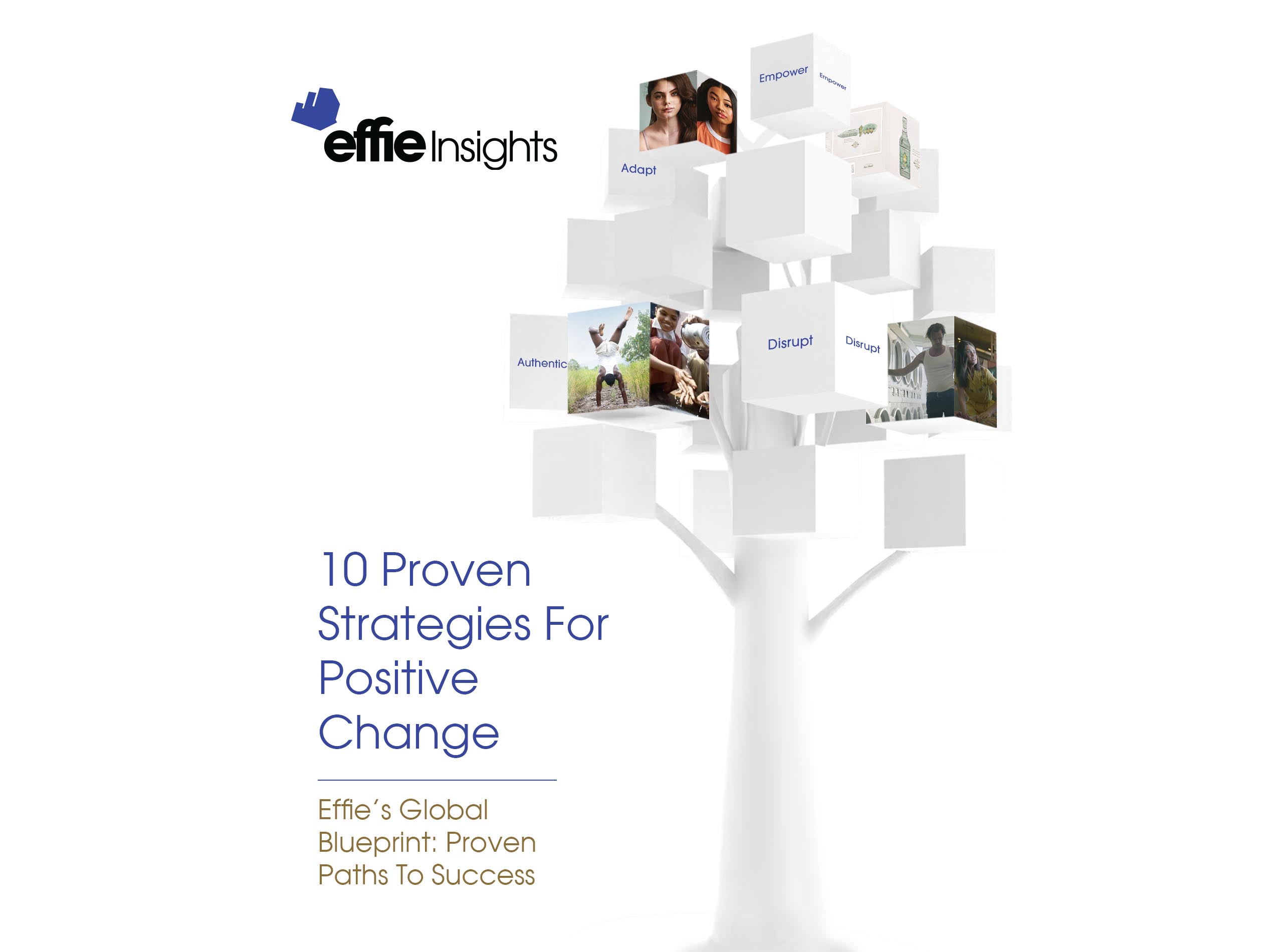
Effie celebrates ten years of championing campaigns that make a difference
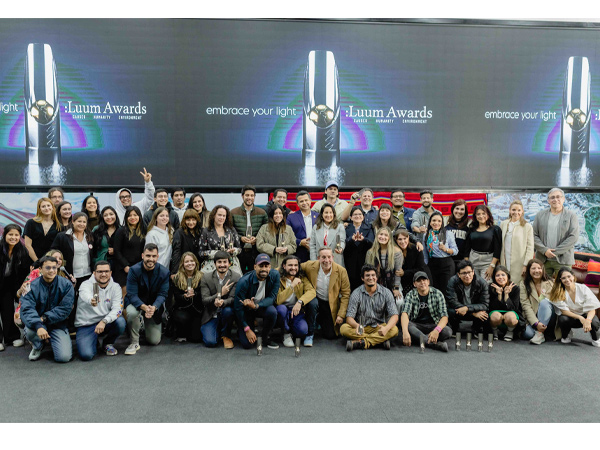
Edelman and Ogilvy star at the Luum Awards, the global festival for purpose-driven communications



